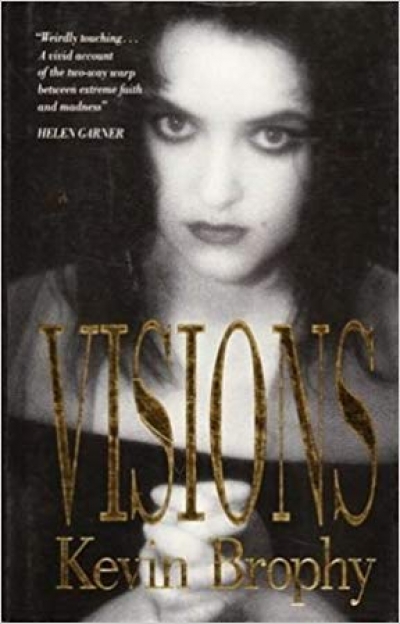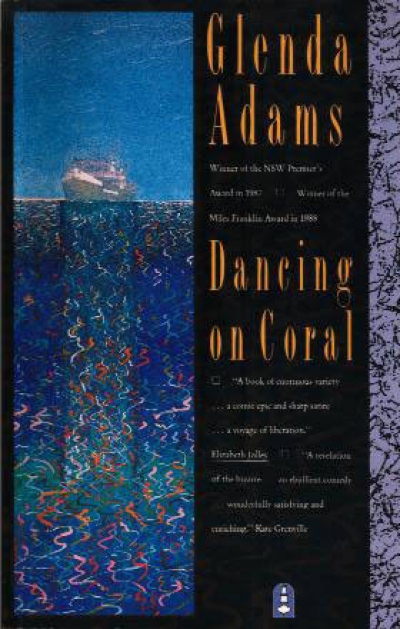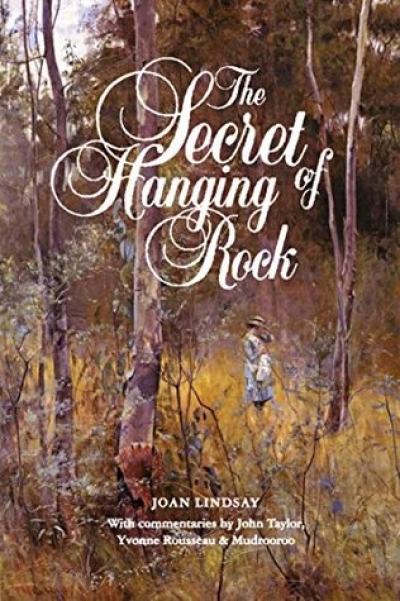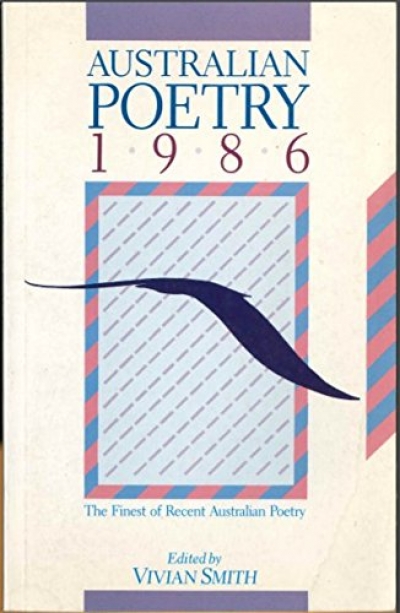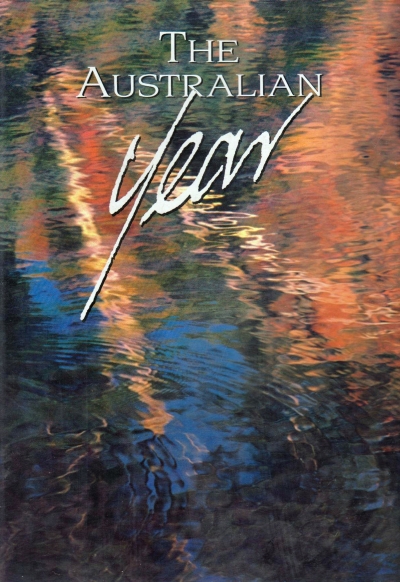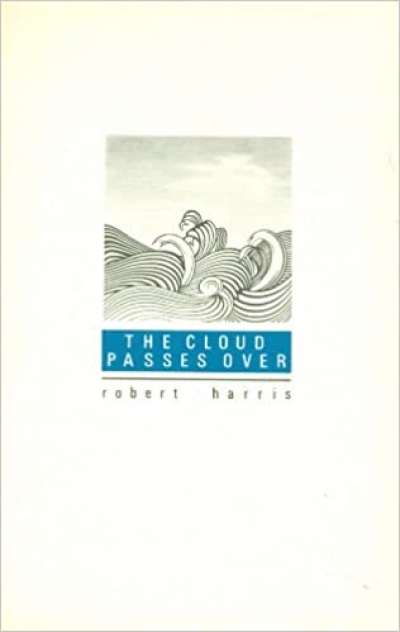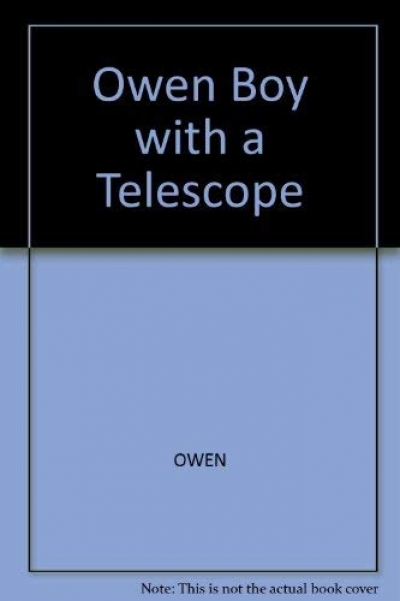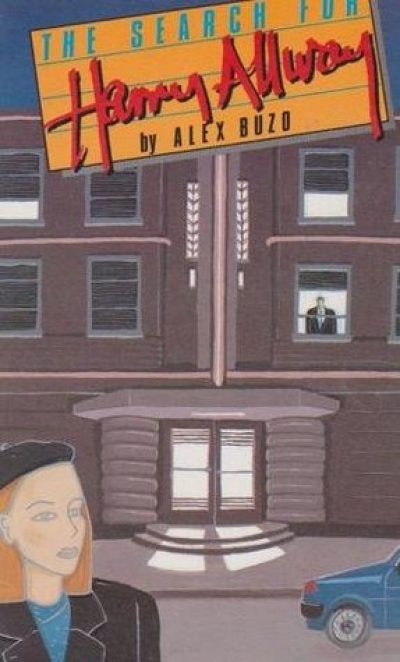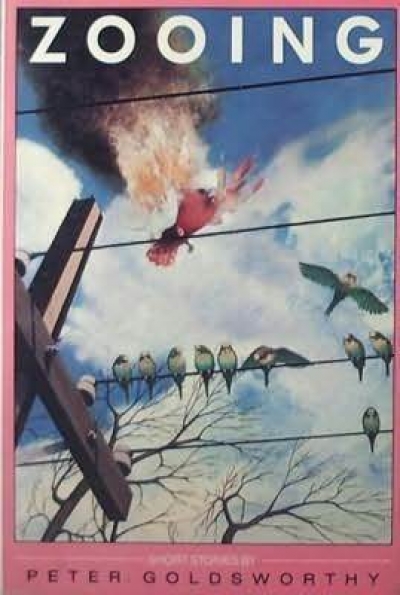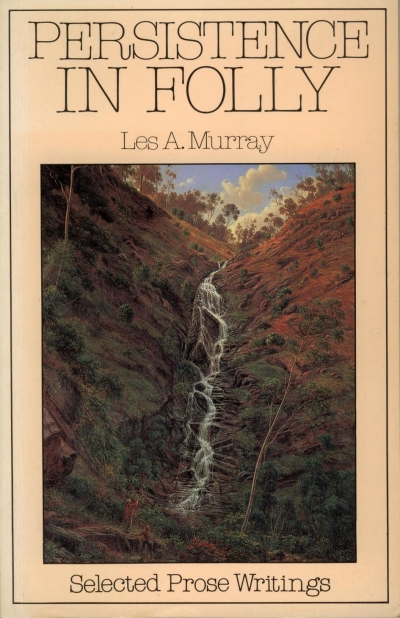This is a first novel from Alexander Buzo, the playwright of the 1960s and 1970s who gave vitriol a new status in the Australian vernacular and who, through characters like Coralie Landsdowne (Coralie Landsdowne Says No) and Edward Martello (Martello Towers), raised pretentious speech to new levels of social acceptability. In a published comment on audience reception to Martello Towers, Buzo describes Edward Martello as ‘an educated ‘rake’, who is, in keeping with the style of the play, articulate beyond the grounds of naturalism’ and concludes, ‘Still, as long as they’re enjoying themselves’. Defensive disclaimers from writers hint at a nervousness which must, eventually, find its way into the writing usually in the form of overkill. The worst recent example of this is the introduction to Clive James’s Brilliant Creatures in which a rather affected statement of pre-emptive failure is intended to head the critics off at the pass if they were to do anything as unkind as suggest that the work was any more frivolous than intended by its author, who, of course, intended it to be.
...
(read more)

